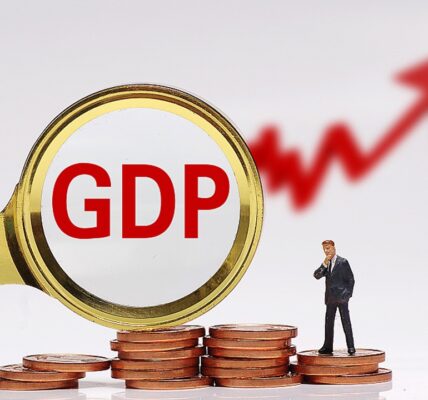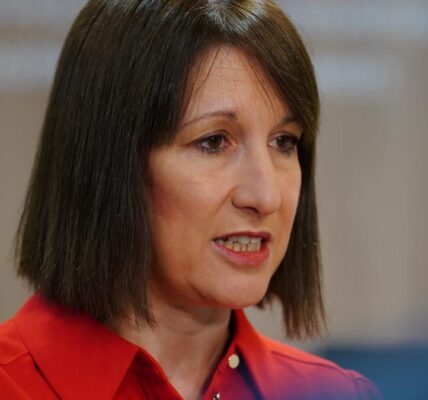After contracting by 3% in 2024 and acting as a drag on Brazil’s economy, the agribusiness sector is set to rebound in 2025, boosting the country’s gross domestic product (GDP). Forecasts for agribusiness GDP growth range between 3% and 5.5%, a marked recovery from last year but still far below the 16% surge recorded in 2023.
MacroSector Consultores projects a 3% expansion for 2025, while MB Agro estimates 3.6%. Fundação Getulio Vargas’s Brazilian Institute of Economics (Ibre-FGV) and LCA Consultores forecast growth between 4% and 4.5%. Santander projects a 4.8% increase, and Bradesco estimates 5.5%.
This recovery is expected to be driven by higher agricultural output, rising commodity prices for products such as coffee, cocoa, and orange juice, and the depreciation of the real against the dollar, which makes Brazilian exports more competitive.
In livestock, domestic price increases and steady demand for beef, chicken, and pork—both domestically and internationally—are also anticipated to contribute positively to GDP.
Economists caution that growth in agribusiness GDP does not necessarily translate into higher profitability for producers. Elevated interest rates and limited access to credit make prudent capital management critical.
“The key lesson from 2024 is that while agribusiness is efficient, excessive financial leverage creates vulnerabilities, even for the most robust sectors,” said José Roberto Mendonça de Barros, a partner at MB Agro. He also noted that most Brazilian agriculture relies on rain-fed systems, increasing risks from climate variability.
Mr. Barros predicts a medium-term productivity surge as technologies such as precision agriculture, regenerative practices, biotechnology, data management, and biofuels mature. “Achieving this leap requires healthy financial statements and sound management,” he added.
Extreme weather conditions, which disrupt crop productivity and financial returns, further compound challenges. According to Rodrigo Gallegos, a partner at RGF Consulting, rising defaults have made rural credit less accessible, complicating operations and increasing the risk of insolvency.
Silvia Matos, a researcher at FGV Ibre, highlighted the impact of high credit costs on investments in inputs and equipment. “Even with increased grain production, it will be a tough year for producers. Debt servicing costs will rise, making profitability harder to achieve,” she said.
Domestic food inflation remains a concern. “Protein has significant weight in household inflation, so we’re looking at another year of elevated food prices. Exchange rate effects will also influence domestic costs,” Ms. Matos noted.
Senior economist Francisco Pessoa Faria, with LCA Consultores, warned of potential price hikes in proteins due to constrained cattle slaughtering and strong demand from China and the U.S.
Fabio Silveira, a partner at Macro Sector Consultores, predicts a 3% agribusiness GDP growth in 2025, supported by a 10% increase in agricultural revenue to R$976 billion. This improvement stems from higher grain output and reduced input costs, with coffee and sugarcane likely to lead revenue gains due to favorable prices and volumes, respectively.
While increased acreage and better productivity are expected to boost harvests, challenges such as freight costs and potential weather disruptions could arise from concentrated harvesting periods.
International demand is expected to remain robust. Brazil has been expanding its market presence, including a recent coffee supply agreement with China’s Luckin Coffee for 2025–2029. In 2024 alone, Brazil secured 224 new market openings, according to the Ministry of Agriculture.
The real’s depreciation against the dollar is also expected to benefit exports. “Even in sectors with falling prices, the exchange rate ensures decent revenues,” Mr. Barros observed.
However, global risks persist. Potential trade tariffs from the new U.S. administration under Donald Trump could increase inflationary pressures, prompting the Federal Reserve to raise interest rates. Conversely, U.S. tariffs on Chinese imports might boost demand for Brazilian soybeans.
Economists also remain cautiously optimistic about a potential ceasefire in conflicts in the Middle East and Ukraine. Such a development could lower oil prices, reducing costs for fertilizers, freight, insurance, and other agribusiness inputs.





